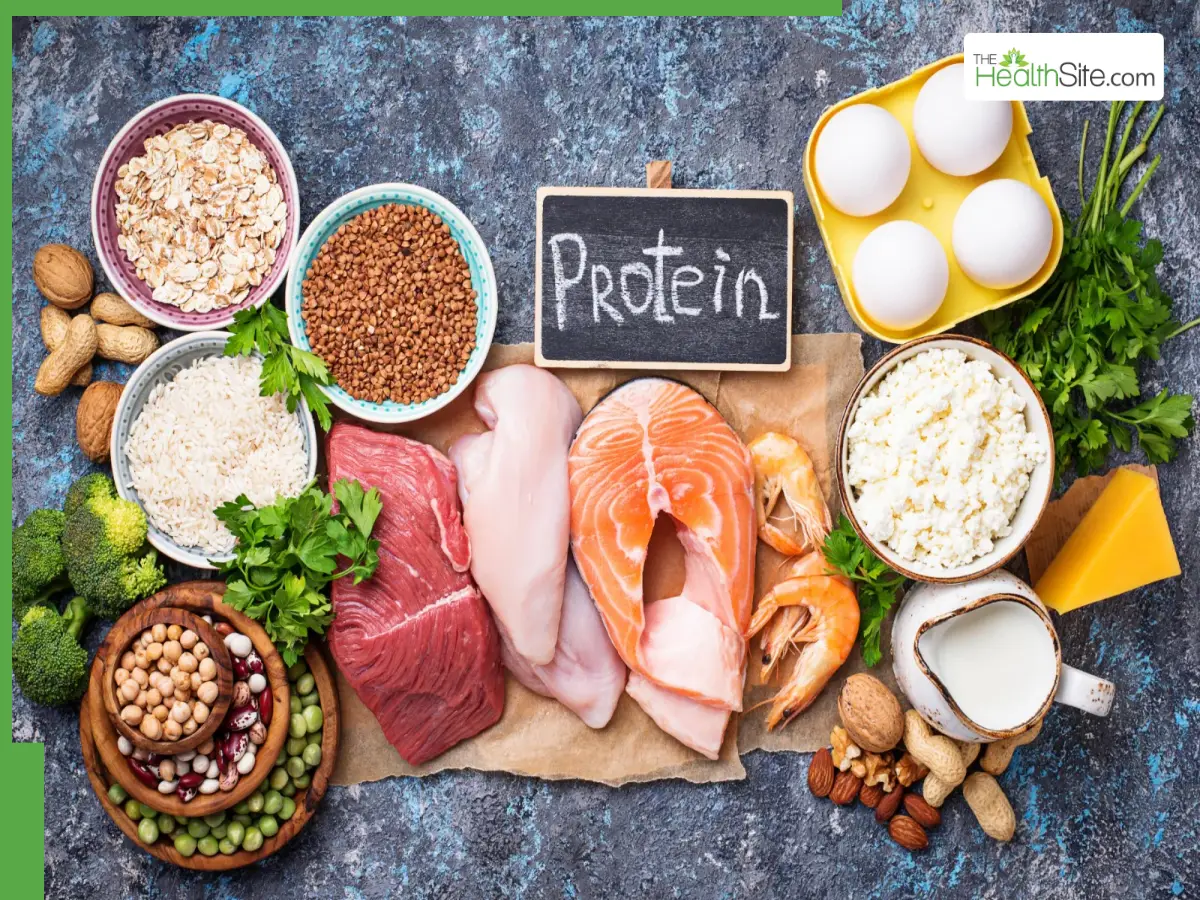Five protein myths busted: Here are some separating fact from fiction on common protein myths and misconceptions. Sometimes fictions create a false sense that makes facts doubtful. Protein is the base of human health.
It is a fundamental nutrient that is vital for the human body to function. But some fictional myths make it a baddie that is not aligned with any scientific back. Misinformation about protein consumption can lead to dietary imbalances and suboptimal health outcomes.

Scientific evidence consistently supports the need for individualized protein intake based on physiological demands, activity levels, and dietary preferences. Dispelling protein myths enables individuals to make informed nutritional choices that align with their fitness goals and overall well-being. Future research should continue exploring protein metabolism in diverse populations to refine dietary recommendations and enhance public health outcomes.
Here, we will debunk the fictional myths and misconceptions related to protein: Myth 1: Protein intake may result in muscle mass Fact: For muscle mass, rigorous or routine training is very much important. The human body utilizes a minimal amount of protein in muscle synthesis and is good for maintaining and repairing muscles. Muscle growth requires caloric intake and overall nutritional balance, protein alone is not enough for the growth of muscle mass.
Myth 2: A protein diet is harmful to the kidney Fact: High protein diets do not harm kidney function, kidneys can adapt to various levels of protein consumption in healthy people. However, people with kidney issues need to balance their protein intake. A systematic review by Devries and others (2018) demonstrated that increased protein consumption does not significantly alter glomerular filtration rate (GFR) or albuminuria in individuals with normal kidney function.
The misconception likely arises from the transient increase in GFR observed following high-protein meals, which is a physiological adaptation rather than a pathological consequence. var firstScrolled3 = false; window.addEventListener("scroll",(event) => { if(!firstScrolled3) {window.
_taboola = window._taboola || []; _taboola.push({ mode: "thumbnails-m", container: "taboola-mid-article-thumbnails", placement: "Mid Article Thumbnails", target_type: "mix" }); firstScrolled3 = true; } }); Myth 3: Animal protein is stronger than plant protein Fact: Plant proteins have higher fiber intake and lower saturated fat levels which is beneficial for health.
Plant protein does not contain all essential amino acids like animal protein but consuming diversified plant protein can give all the essential proportions to the body. Plant proteins contain bioactive compounds with antioxidants that ensure significant health benefits. Myth 4: Immediate consumption of protein after a workout is beneficial Fact: A study by Schoenfeld and others (2013) concluded that protein timing exerts a relatively minor effect on muscle hypertrophy compared to total protein distribution across meals.
Thus, prioritizing consistent protein intake throughout the day is more effective than rigid post-workout consumption. The concept of having protein immediately after a workout can facilitate MPS to repair and help in the growth of muscles. Myth 5: Younger people need more protein than older ones Fact: This is completely a fictional myth that surrounds us.
Older people need more protein than younger ones to maintain functional independence. The ability of muscles to synthesize protein efficiently declines with aging, so older people need more protein than younger ones. Insufficient protein intake in elderly individuals accelerates muscle atrophy and impairs metabolic health.
.
Health

5 Common Protein Myths Explained

Five protein myths busted: Here are some separating fact from fiction on common protein myths and misconceptions.















